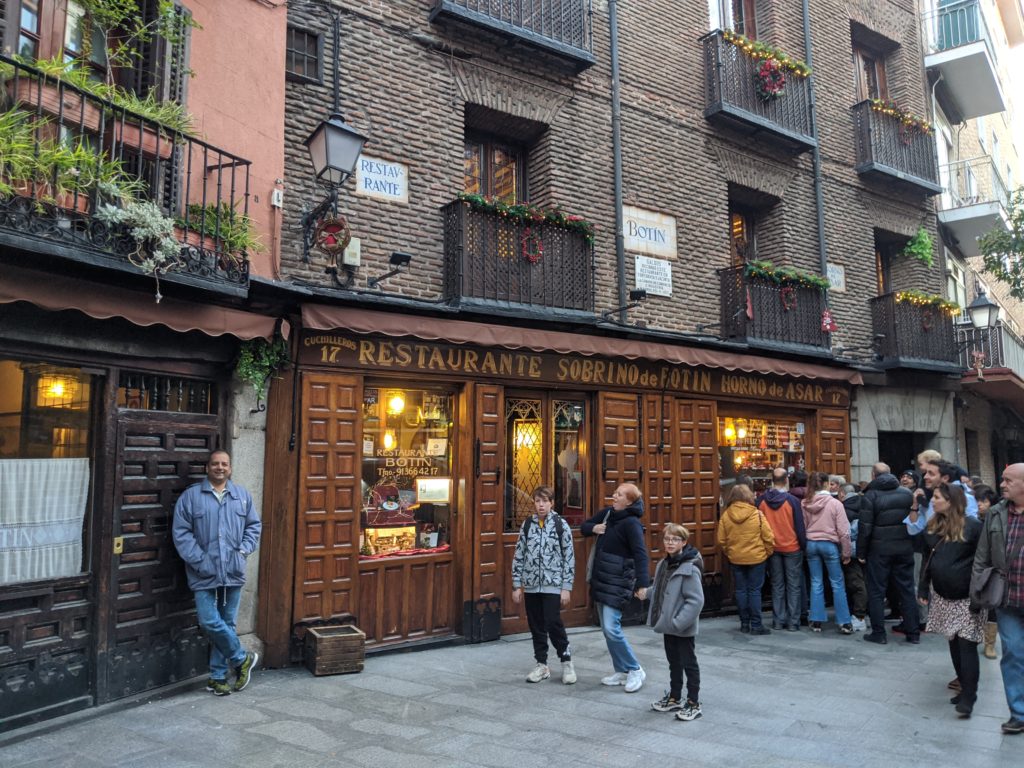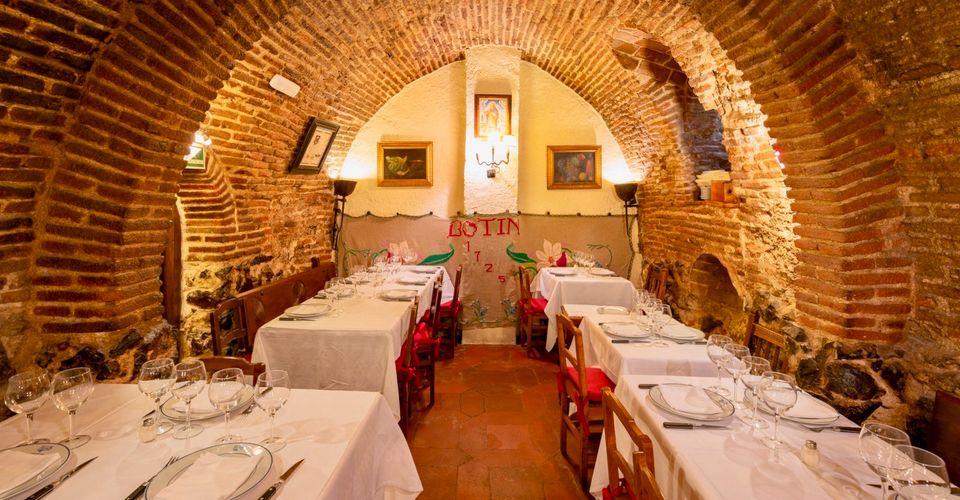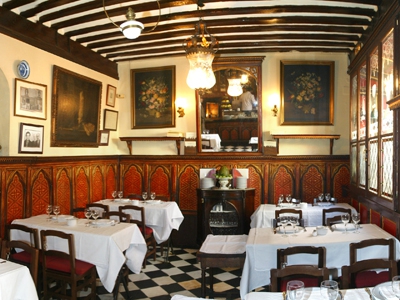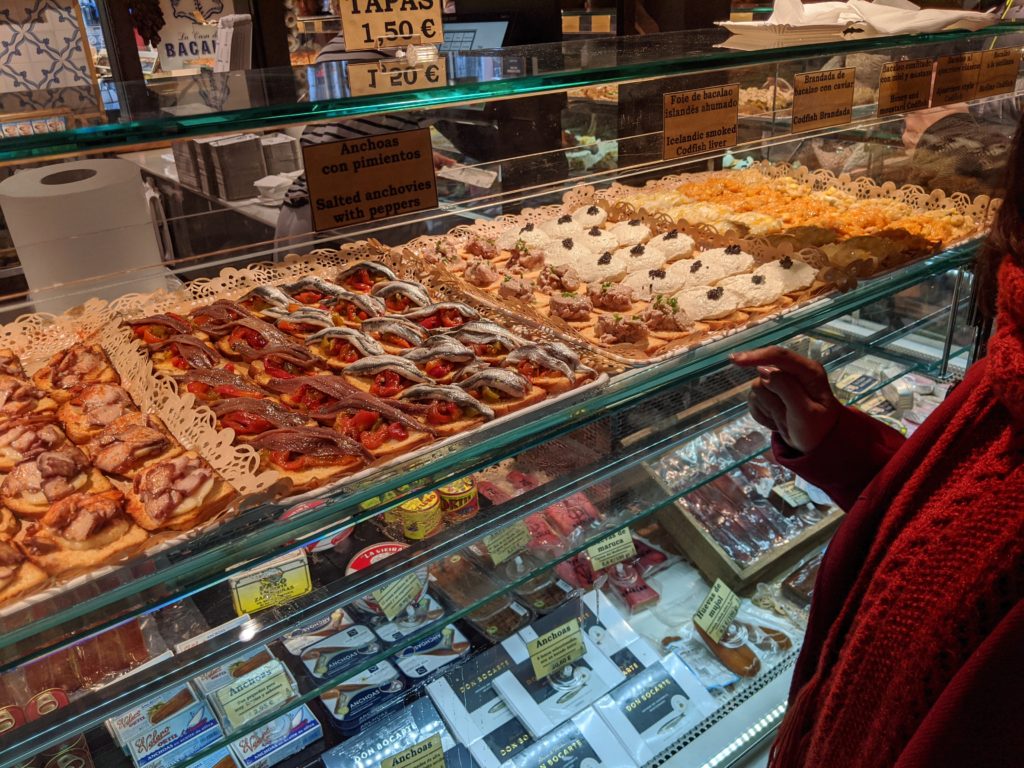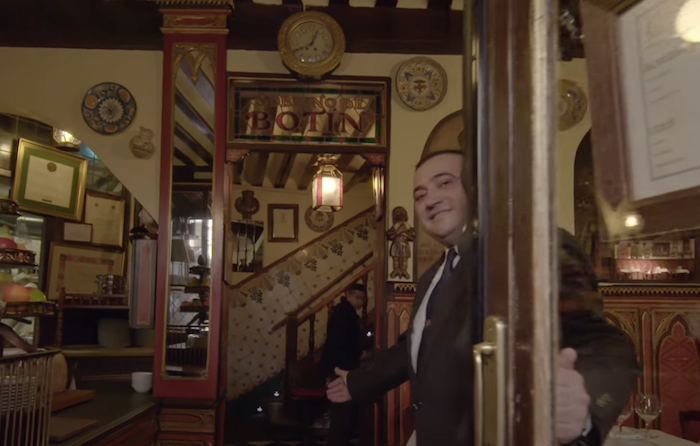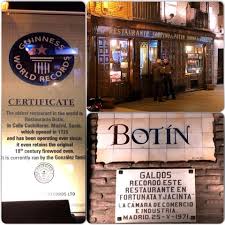 My first interaction with Deepak Parab, the CEO of Metrohm India Private Limited (a leading company in Analytical Instruments and Solutions) happened around two years ago when he called me from his Chennai HQ and said that he would like me to conduct a ‘Managerial Effectiveness’ program for his pan-India team of service managers. “Rajan, I shall ask my National Service Manager, Vinod Salunkhe to get in touch with you to discuss the further modalities.” The call hardly lasted five minutes; a client taking a quick decision in finalizing a 2-day training program was a rarity in my training career of 25 years. I could not help recollecting a MNC client who took approximately six months with more than a dozen meetings to finalize a 1-hour keynote address. (See my earlier blog titled ‘A Tale of Two Key Note Addresses’ – https://rajanparulekar.in/2018/03/29/a-tale-of-two-key-note-addresses/
My first interaction with Deepak Parab, the CEO of Metrohm India Private Limited (a leading company in Analytical Instruments and Solutions) happened around two years ago when he called me from his Chennai HQ and said that he would like me to conduct a ‘Managerial Effectiveness’ program for his pan-India team of service managers. “Rajan, I shall ask my National Service Manager, Vinod Salunkhe to get in touch with you to discuss the further modalities.” The call hardly lasted five minutes; a client taking a quick decision in finalizing a 2-day training program was a rarity in my training career of 25 years. I could not help recollecting a MNC client who took approximately six months with more than a dozen meetings to finalize a 1-hour keynote address. (See my earlier blog titled ‘A Tale of Two Key Note Addresses’ – https://rajanparulekar.in/2018/03/29/a-tale-of-two-key-note-addresses/
More than the ability to take the right decisions, the leadership traits I admired in Deepak were:
Focus on results: After he took over as CEO and Managing Director, Metrohm India has progressed very well under him and results have been great. They have been able to capture and maintain major market share for their products and increase the turnover and profitability multi-fold. Today, Metrohm India owns all its offices across India and these were bought in the last ten years.
Retaining Talent: His core team of 30 senior managers including the COO, Branch Managers, Service Managers, Application Laboratory Manager and Product Managers are with the company for the last 20 years. The core team has remained the same for the past two decades.
Creating Value through Service: Peter Drucker said that the purpose of business is to attract and retain a customer, which can be restated by the formulae below:
- Vc > Vp where Vc is the value perceived by the customer and Vp is the value inside your product or service. You get a customer only when the perceived value is more (short and/or long term) than what the customer pays for.
- Vc = (Q+U+S)/P where Q is the Quality, U the Utility, S the Service and P is the price. Remember that QUS is not what the salesman claims but what the customer perceives. The four ways to increase the perceived value is either to increase the QUS or to reduce the P. Quite often desperate salespeople reduce price to create value which in turn affects profitability.
Deepak took a different approach to create value. To command a premium, he focussed on the numerator (QUS) rather than the denominator (P). Service was given prominence vis-à-vis sales. In a team of 135 executives for each sales person there are 3 service executives. Normally one service engineer is deployed for 100 instruments, with an equal share of warranty and AMC (annual maintenance contract). Today Metrohm India has 12 Offices and 12 Home Offices from where Service is provided. The home office concept for service was used to extend the reach. For example for clients in Goa, service engineers used to travel every week from Mumbai to Goa. With 250 instruments, 2 service engineers were deputed to Goa, which created value in the following ways:
- The travel fatigue for service engineers was considerably reduced.
- Improved work-life balance for the Service Engineers who were back to their home in the evening.
- Cost of resident engineers was lower than with the travel and related costs.
- Delighted Customers due to an improved response time and a lower down-time. Customer confidence in Metrohm also increased due to the now closer proximity of the Service Engineer.
Having created value for the customer in terms of QUS, Metrohm was now able to command a premium vis-à-vis the competition. There is a general tendency for companies to club sales and service to control costs, especially in the case of executives operating from home offices. However, Deepak resisted this temptation, as with dual responsibilities, executives tend to focus more on sales and ignore service. Now, dedicated service engineers in turn enhanced the perceived value!
Delegation with empowerment: Ganesha Chaturthi is a major festival in Maharashtra. Deepak belongs to a small village called Hiwale in Sindhudurg District from the Konkan region. For this important festival, Deepak used to take leave for 10 days every year. However as a CEO designate, when he applied for leave now, his boss questioned the logic, considering his elevation to the new role with additional responsibilities. The major concern apart from the leave, was in Deepak being incommunicado due to poor network connectivity at his village. Deepak’s thought process was quite clear. He said, “I shall prepare my team in such a way that my help is not needed in those 10 days.” His communication to his team members went on the following lines:
- “Please take decisions. I am not going to blame you for the consequences, if found negative in posterity.”
- “Please think of the worst–case scenario. The company is not going to sink from any such decisions.”
- “All of you can learn from your mistakes and a wrong decision and its consequence can be termed as the cost of learning.”
- “If in spite of all the above, you still need my advice, please drop me a SMS. In case I go to the village market (which has a better connectivity), I shall respond.”
- The discounts and pricing are controlled by the respective Managers and all are empowered to take decisions. As a normal practice at Metrohm India the senior management team does not have any extra power to give additional discounts.
Genuine Concern for Employees: Even though a nationwide lockdown was announced on 24 March 2020, Deepak took the call on 20th March to shut down the company’s offices across the country. Most of his team members who were at different locations then, had enough time to go back home.(Contrast this with the 4 hour time frame given by the PM which affected not only the general populace but also the millions of migrant workers!) He announced categorically that there would be no salary deduction, nor would anyone be forced to go on leave. The salary for the full month of March which normally gets paid on the last day of the month was credited on 24th
Creative Problem Solving: Every year the company used to invite its Pan-India sales and service team in May to the Chennai HQ for training. The month-long exercise for a team of 130 executives used to cost around ₹ 70-80 lakhs; the quarterly reviews used to be around ₹ 5-6 lakhs each. During the lockdown, the time was used for online trainings and reviews thereby saving a big cost for the organisation, while at the same time keeping the employees engaged. They also ensured that all employees are engaged and connecting with the customers, so that they feel like they are doing their routine work and no health issues crop up due to no work. In the earlier phases of lockdown, the instruments which needed attention were diagnosed remotely, thereby reducing the down time. For the Pharmaceutical industry which is a major customer (as well as the sector doing well during the pandemic), Metrohm’s service support was crucial. In a few cases, even the installation was carried out with the help of the customer along with support via a video call by the Service Engineer. Digital Platforms have been used by the organisation extensively to connect its employees and customers.
Effective Decision Making: Be it a minor decision of a trainer selection or major ones like shutdown or salary disbursals, an effective leader does not shy away from taking decisions.
Strong Ethics: Deepak shared that a strong sense of ethics and moral values are a sine qua non for effective leadership. Deepak spent his childhood in the IIT Bombay campus. His father, Raghunath Parab was a governing member of the Co-Operative Society and was entrusted the job of supervising the IIT Staff Canteen operated by the IIT Staff Co-Operative Society. As a principle, his father did not prefer his children to visit the canteen; lest it be perceived that they were availing food free. Some years down the line, when Deepak entered the canteen and when his father admonished him, he told him, “Dad, now I am working as a Technical Assistant in the Department of Chemistry and I have come here as an employee and not as your son.” Caesar’s wife must indeed be above suspicion.
Rajan Parulekar – Director, Hospitality Paradigm




